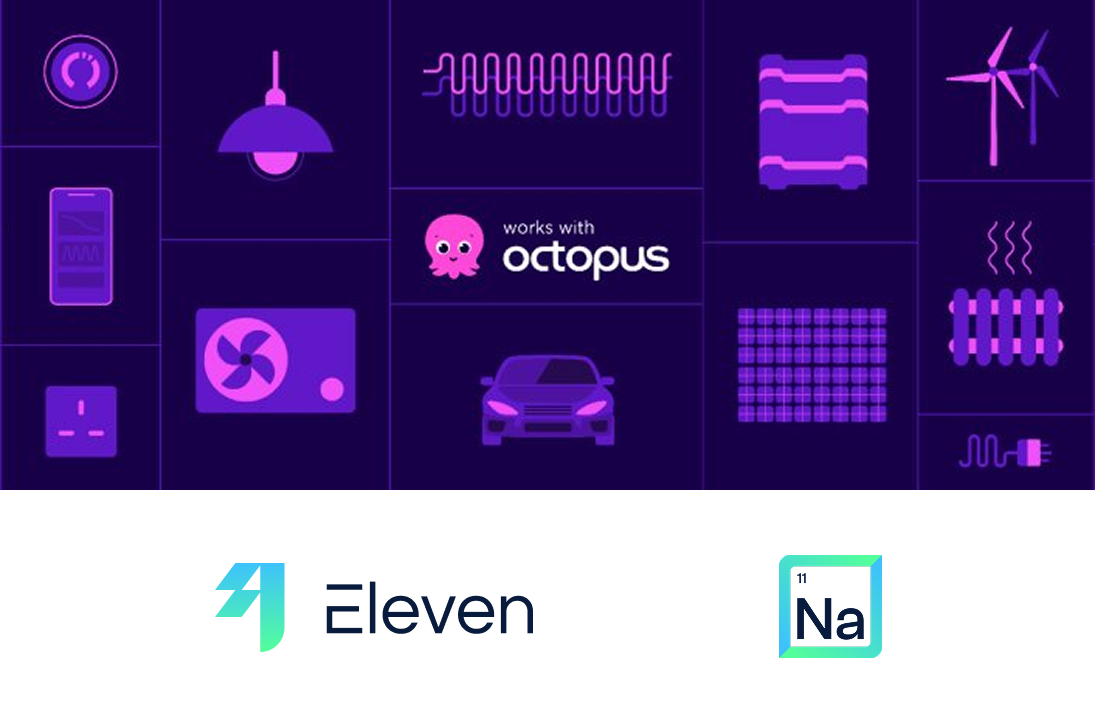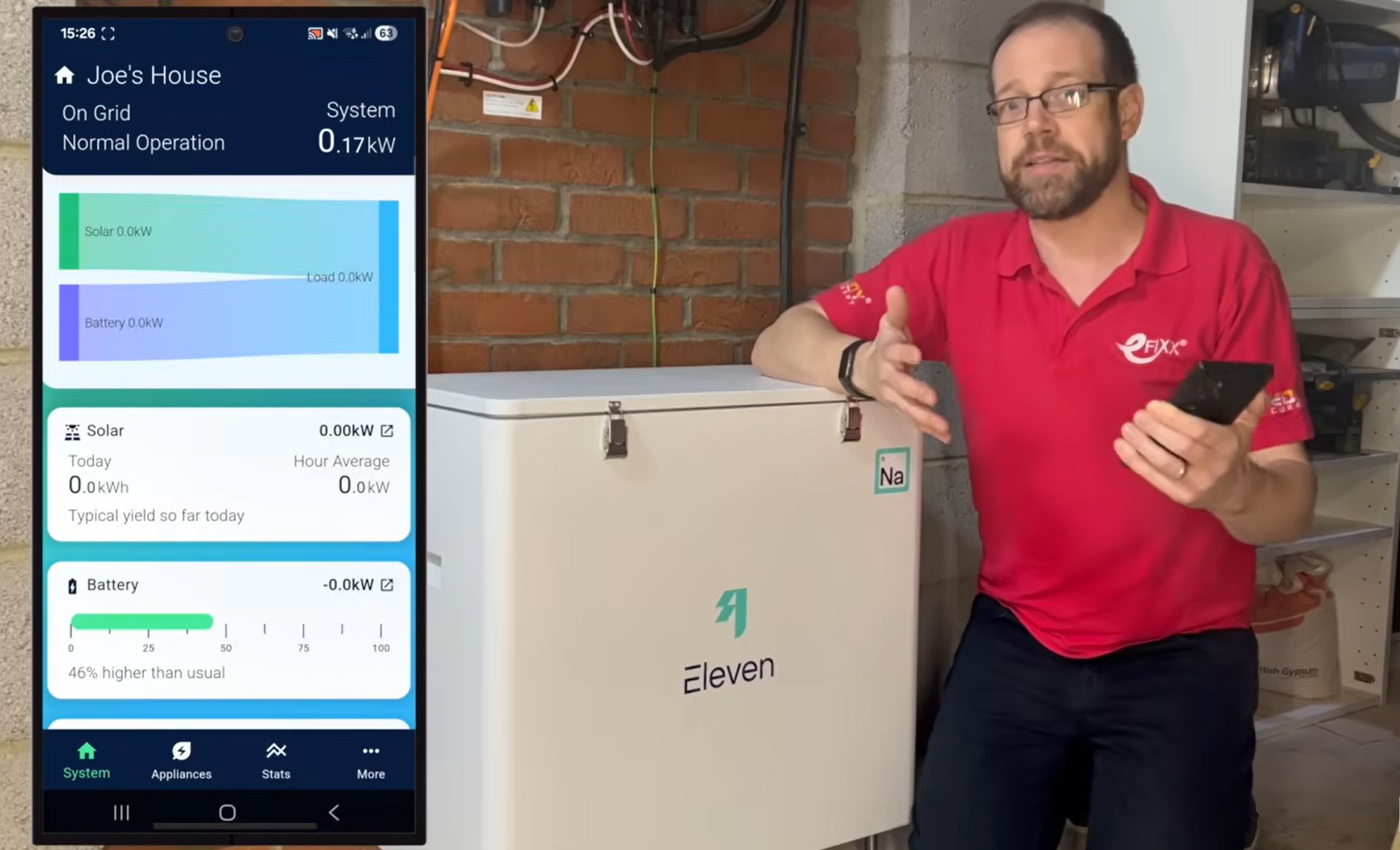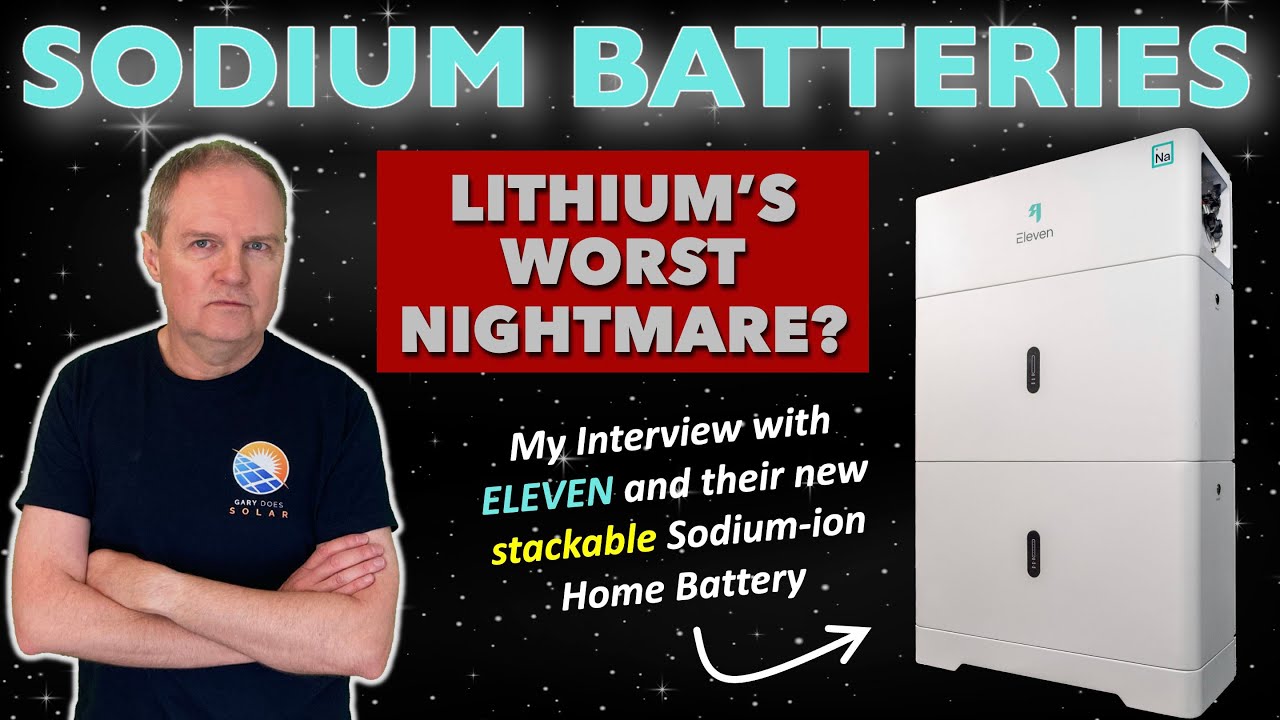As the global shift towards renewable energy accelerates, the need for sustainable, affordable, and reliable energy storage solutions has never been more urgent. While lithium batteries have been the primary solution for energy storage, they are increasingly linked to serious environmental and ethical concerns. The mining processes used for lithium can result in water shortages, soil degradation, and other significant environmental impacts.
The extraction of lithium via evaporation ponds, a method prevalent in the major lithium reserves like the Lithium Triangle in South America, requires vast amounts of water - over 1.9 million litres per tonne of lithium extracted. Research indicates that harmful pollutants can be introduced into the surrounding environment during the evaporation phase, posing risks to local ecosystems and communities. In areas where lithium mining overlaps with indigenous lands, the resulting water shortages have disrupted traditional ways of life and even forced community relocations. Hard rock mining, as an alternative, common in Australia, has its own environmental drawbacks, producing an estimated 15 tonnes of CO2 emissions per tonne of lithium mined.
These environmental and ethical concerns have spurred the development of alternative battery technologies. One of the most promising alternatives is sodium batteries, which offer several advantages over lithium counterparts, especially in terms of sustainability, availability, and cost.
Why Sodium?
One of the key advantages of sodium batteries is the sheer abundance of sodium compared to lithium. Sodium is 1,400 times more abundant and can be extracted from seawater (e.g. as a by-product of desalination process), a nearly unlimited resource, making it a far more sustainable choice.

The eco-friendly extraction and processing methods for sodium are already well-established globally, primarily for producing sodium chloride (NaCl) and soda ash (Na2CO3). These existing infrastructures can be easily adapted to produce sodium for batteries, minimising the need for new mines and potentially harmful extraction processes. This established infrastructure also helps ensure a cost-effective, stable supply chain, avoiding the disruptions seen in the lithium market.
Moreover, our sodium batteries use iron oxide and magnesium oxide for their cathodes and hard carbon for their anodes, which are sourced from industrial by-products and recycled materials. This further reduces our environmental impact during production and disposal.
Sustainability Advantages
Sodium batteries offer multiple sustainability advantages that make them a clear choice for the future of energy storage:
- Eco-Friendly Extraction: Sodium can be extracted from seawater with minimal environmental impact, unlike lithium, which is associated with destructive mining practices.
- Non-Toxic Components: Sodium batteries are built with non-toxic materials, avoiding the harmful chemicals used in lithium batteries, such as cobalt.
- Easier Recyclability: Sodium batteries are less reactive, making them safer and easier to recycle. Their materials can be reclaimed efficiently, promoting a circular economy.
- Lower Cost of Production: Sodium batteries use cheaper, more readily available materials, making them a more cost-effective solution for large-scale energy storage systems.
Recycling and Circular Economy Potential
The recyclability of sodium batteries is another crucial factor that distinguishes them from their lithium counterparts. Sodium batteries are composed of materials that are easier to recover at the end of their lifecycle, thanks to their non-toxic nature. Recycling processes can reclaim these materials with lower energy input, reducing the overall environmental impact. In contrast, lithium batteries, particularly those containing cobalt, are more difficult and hazardous to recycle, often resulting in wasted materials and higher processing costs.
By improving the recyclability of batteries, sodium-ion technology promotes a circular economy, wherein battery components can be reused in new cells, reducing waste and lowering the demand for virgin materials. This makes sodium batteries an ideal choice for long-term sustainability, particularly in regions that are striving to minimise their environmental impact.
A Step Towards a Sustainable Future
Sodium batteries offer a greener, more socially responsible solution to the growing global demand for energy storage. As renewable energy sources such as solar and wind become more widespread, the need for sustainable energy storage systems will only increase. With their lower environmental impact and lower cost, sodium batteries could well become the energy storage technology of choice, providing a crucial solution to the challenges of climate change and resource scarcity. By embracing sodium-ion technology, we take a step toward a sustainable, eco-friendly future, where energy storage solutions are aligned with the values of environmental stewardship and social responsibility.






